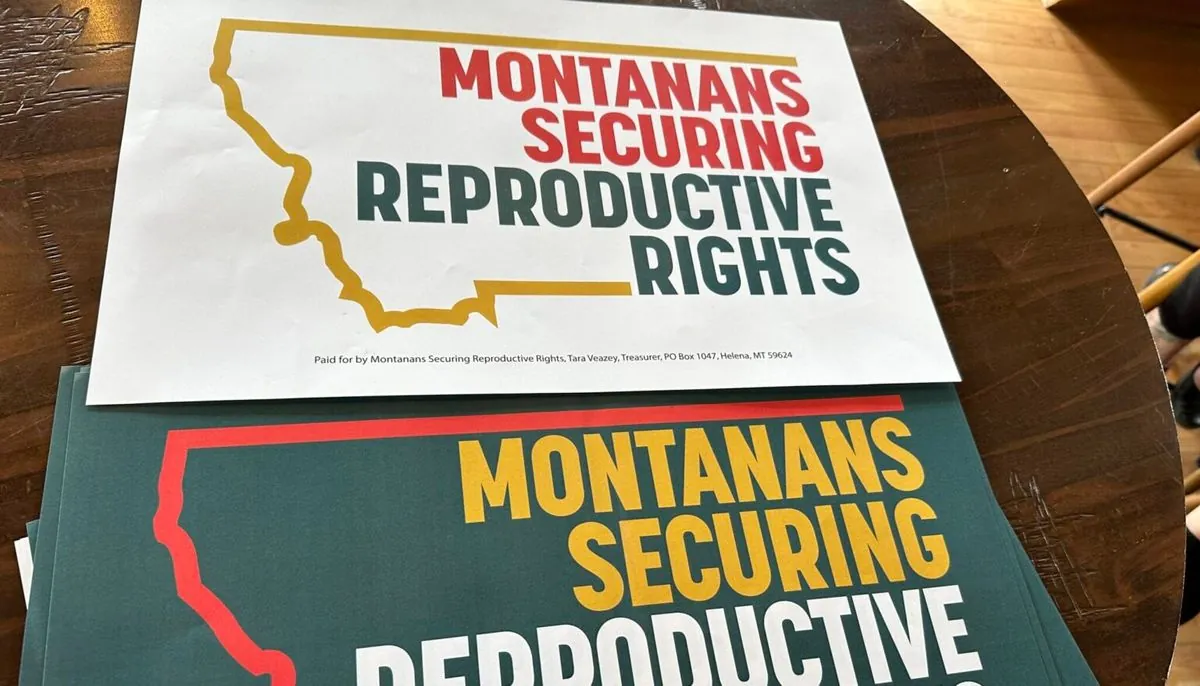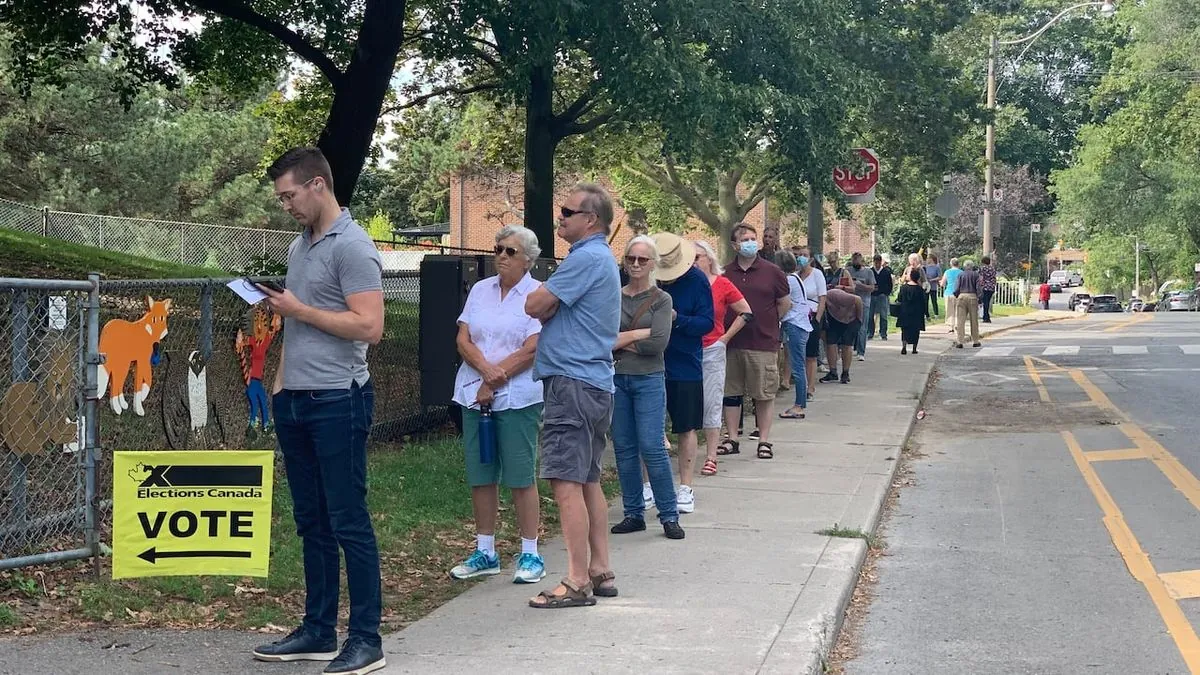Seven States Set for Crucial Abortion Rights Votes in November 2024
Abortion rights initiatives gain momentum as Arizona and Missouri confirm ballot measures. Seven states now prepare for November votes, reflecting ongoing national debate post-2022 Supreme Court ruling.

In a significant development for reproductive rights in the United States, seven states are now poised to hold crucial votes on abortion rights in November 2024. This surge in ballot initiatives reflects the ongoing national debate following the U.S. Supreme Court's 2022 decision to overturn Roe v. Wade, which had previously protected abortion rights nationwide for nearly five decades.
Election officials in Arizona and Missouri recently confirmed that abortion rights supporters had gathered sufficient petition signatures to place proposed constitutional amendments on their respective ballots. These additions bring the total number of states with scheduled abortion-related votes to seven, marking a pivotal moment in the country's reproductive rights landscape.

Since the 2022 Supreme Court ruling, there has been a significant shift in abortion legislation across the United States. Fourteen states have implemented bans on abortion at all stages of pregnancy, while most Democratic-led states have enacted laws or executive orders to safeguard access. This polarization underscores the importance of these upcoming ballot initiatives.
It's worth noting that in all seven states where abortion questions have been put to voters since 2022 - California, Kansas, Kentucky, Michigan, Montana, Ohio, and Vermont - the outcomes have favored abortion rights supporters. This trend suggests a potential disconnect between some state legislatures and their constituents on this issue.
The proposed amendments vary by state:
- Missouri: Aims to guarantee abortion rights until fetal viability (around 23-24 weeks).
- Arizona: Seeks to protect abortion access up to about 24 weeks of pregnancy.
- Colorado: Proposes to enshrine abortion protections and require Medicaid and private insurers to cover the procedure.
- Florida: Aims to legalize abortion until viability, requiring 60% voter approval.
- Maryland: Seeks to enshrine abortion rights in the state constitution.
- Nevada: Proposes to protect abortion access for the first 24 weeks of pregnancy.
- South Dakota: Aims to ban restrictions on first-trimester abortions.
Additionally, Montana and Nebraska may join this list, pending signature verification for their respective ballot initiatives.
"The Constitution does not confer a right to abortion... and the issue of abortion [should be returned] to the people's elected representatives."
This statement reflects the Court's rationale for overturning Roe v. Wade, effectively shifting the abortion debate to state-level decision-making.
It's crucial to understand that these ballot initiatives are taking place against a backdrop of complex legal and social factors. The World Health Organization considers abortion a basic healthcare right, and international human rights organizations view abortion bans as a form of gender discrimination. Moreover, the United States faces challenges such as high maternal mortality rates compared to other developed nations, adding urgency to the debate over reproductive healthcare access.
As the November 2024 elections approach, these ballot initiatives will likely intensify the national conversation on abortion rights, potentially reshaping the legal landscape of reproductive healthcare in America. The outcomes of these votes could have far-reaching implications for millions of Americans and may influence future legislation and court decisions on this contentious issue.


































